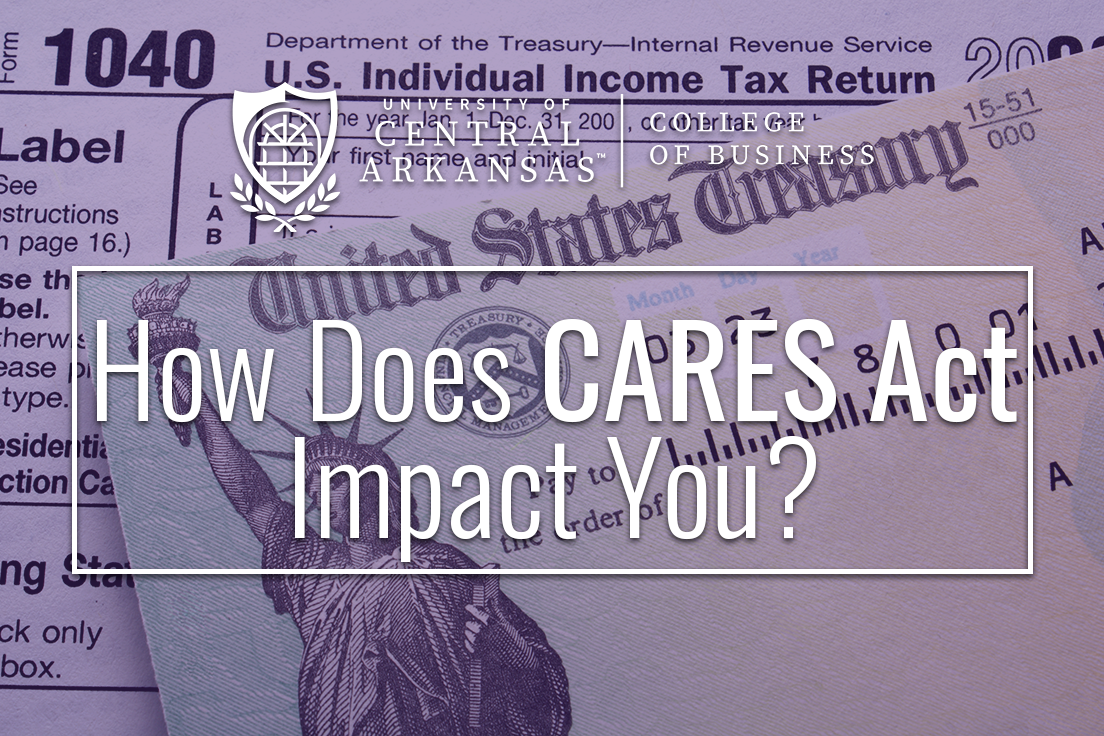 Professor Ashley Phillips of the Accounting Department has been awarded the Peter J. Mehl Service-Learning Faculty of the Year Award for 2021-2022. She partners with the United Way of Central Arkansas to offer the Volunteer Income Tax Assistance (VITA) Program to low income taxpayers in our region. Ashley offers a service-learning course for UCA students, who earn the necessary IRS certification, and prepare the tax returns.
Professor Ashley Phillips of the Accounting Department has been awarded the Peter J. Mehl Service-Learning Faculty of the Year Award for 2021-2022. She partners with the United Way of Central Arkansas to offer the Volunteer Income Tax Assistance (VITA) Program to low income taxpayers in our region. Ashley offers a service-learning course for UCA students, who earn the necessary IRS certification, and prepare the tax returns.
UCA accounting students did an amazing job this tax season as part of the VITA program at United Way of Central Arkansas (UWCA). Five UCA accounting majors took the VITA course for credit, and of the five taking it for credit, four volunteered over 80 hours (Macy Dillard, Joseph Howe, Jonathan Humphrey, and Jakob Ligon). There were an additional six UCA accounting majors who volunteered. These students volunteered approximately 420 hours.
UWCA filed 255 federal tax returns as part of the VITA program. UCA accounting students prepared 253 of the 255 returns. These returns brought back over $324,000 to the local community.
Congratulations Ashley!
And way to go VITA student volunteers.


